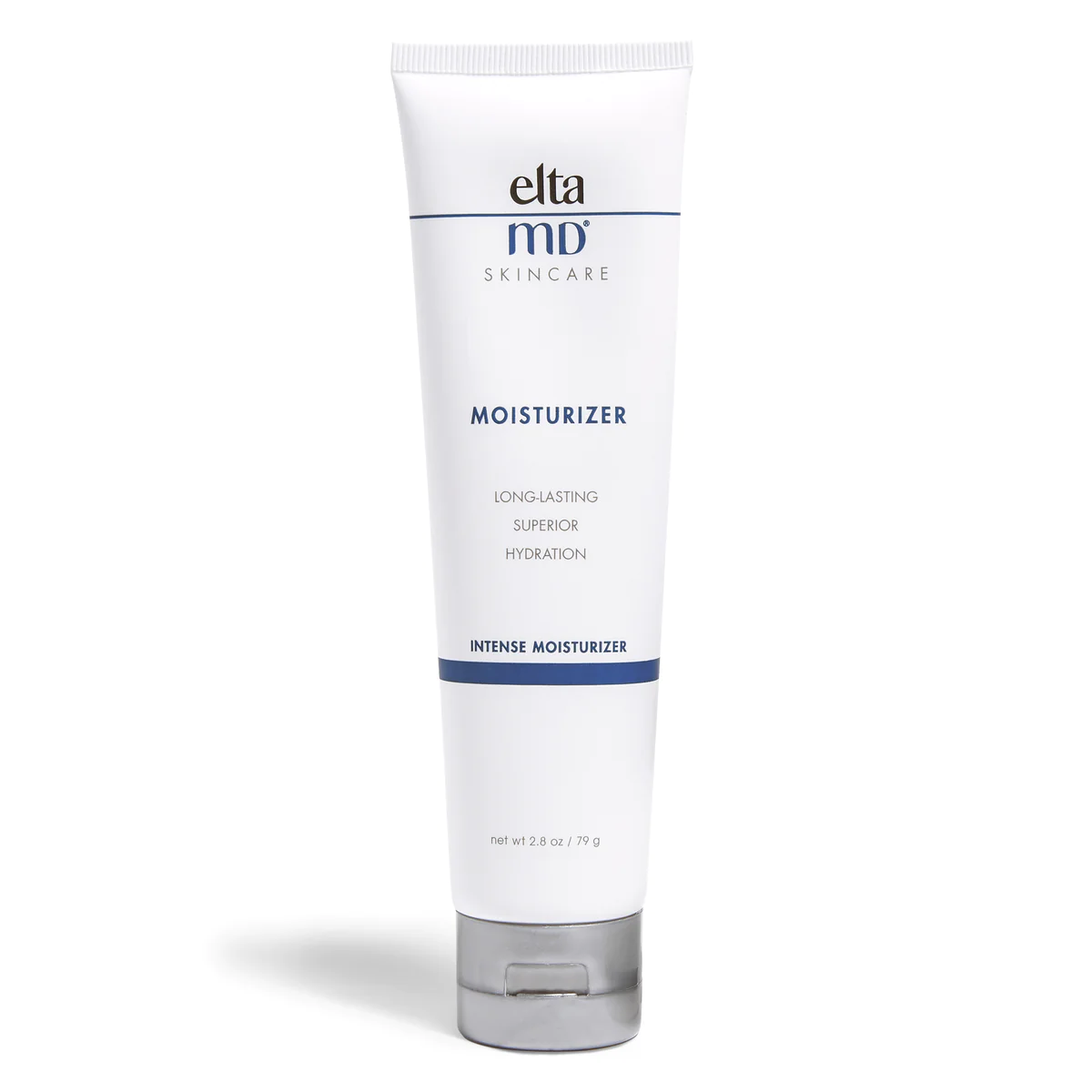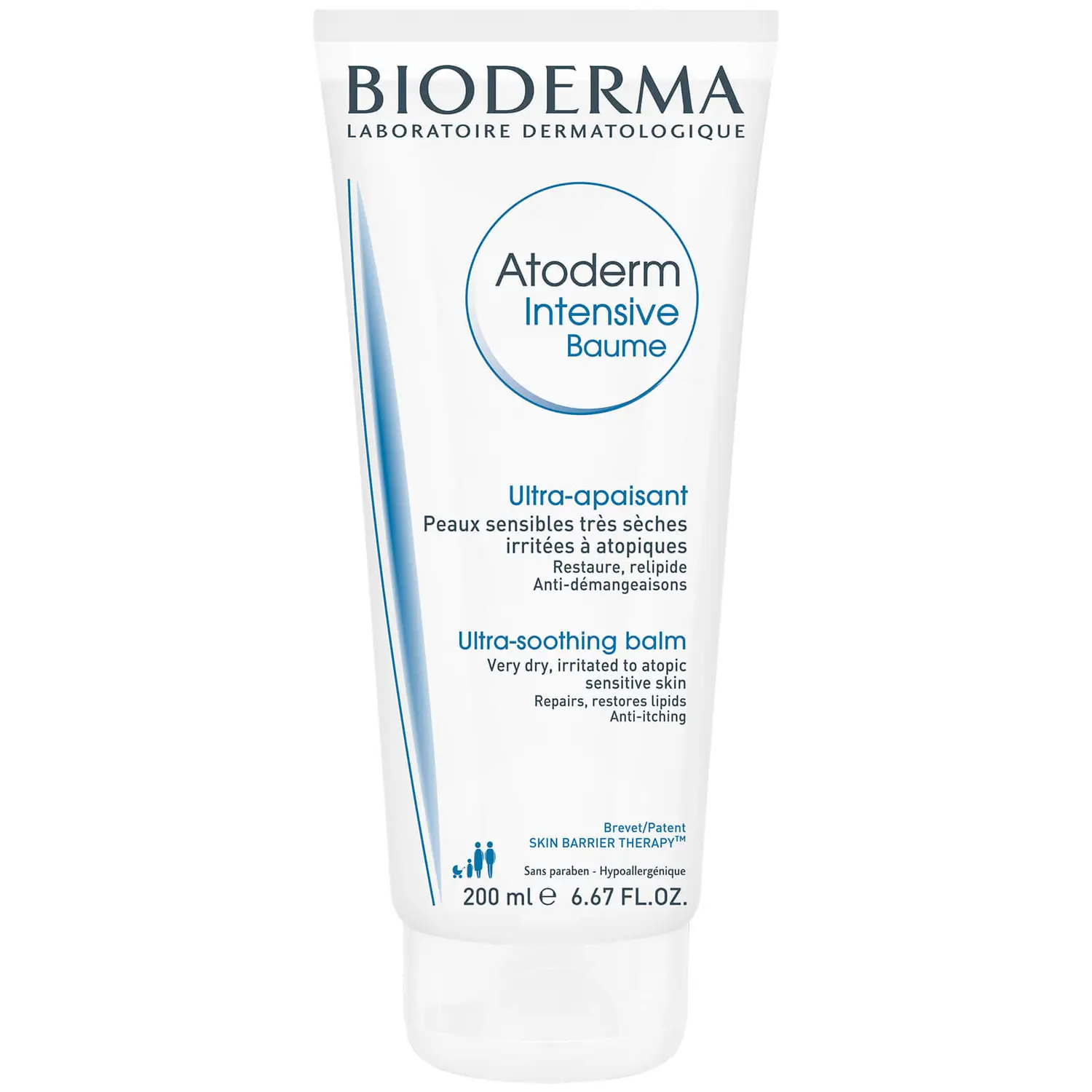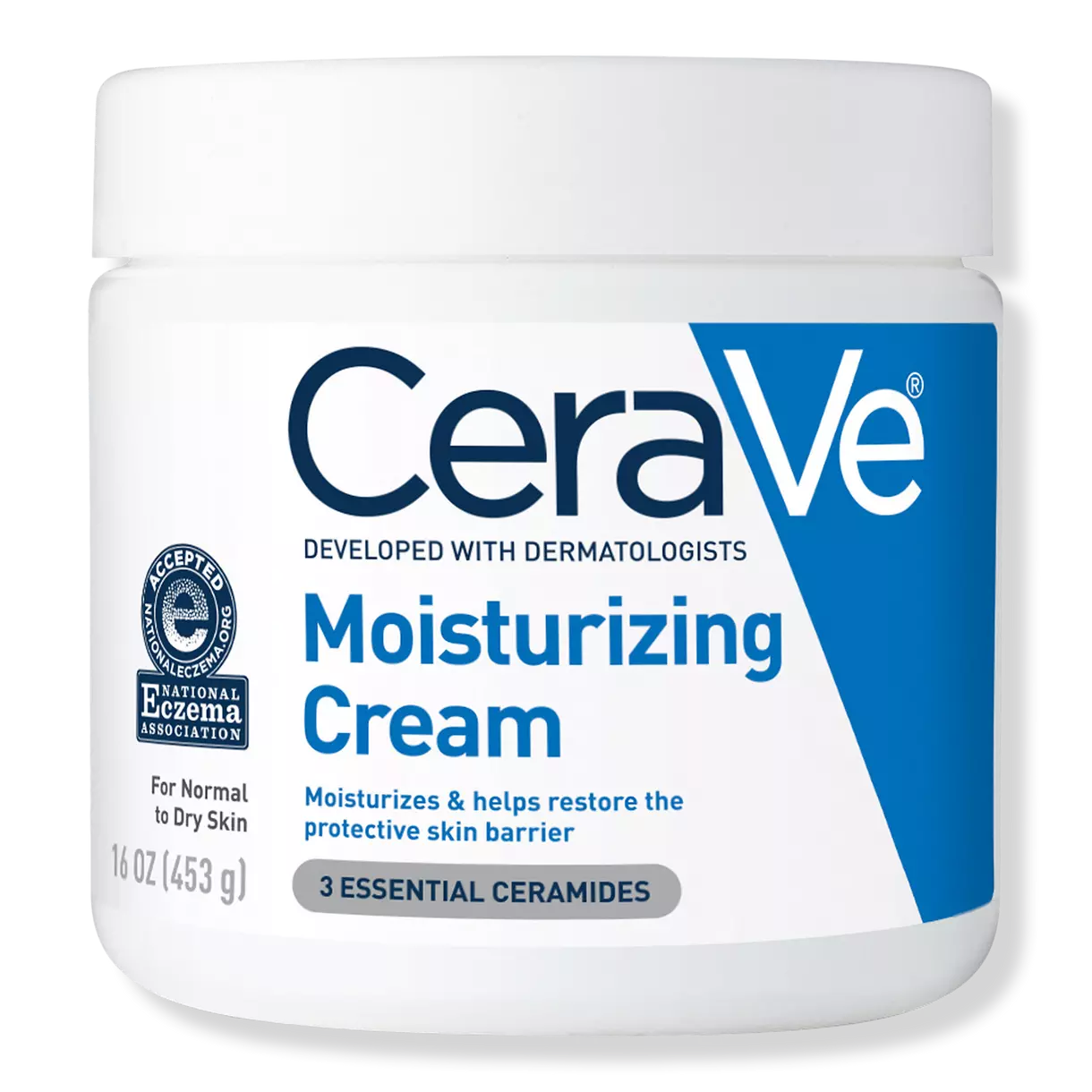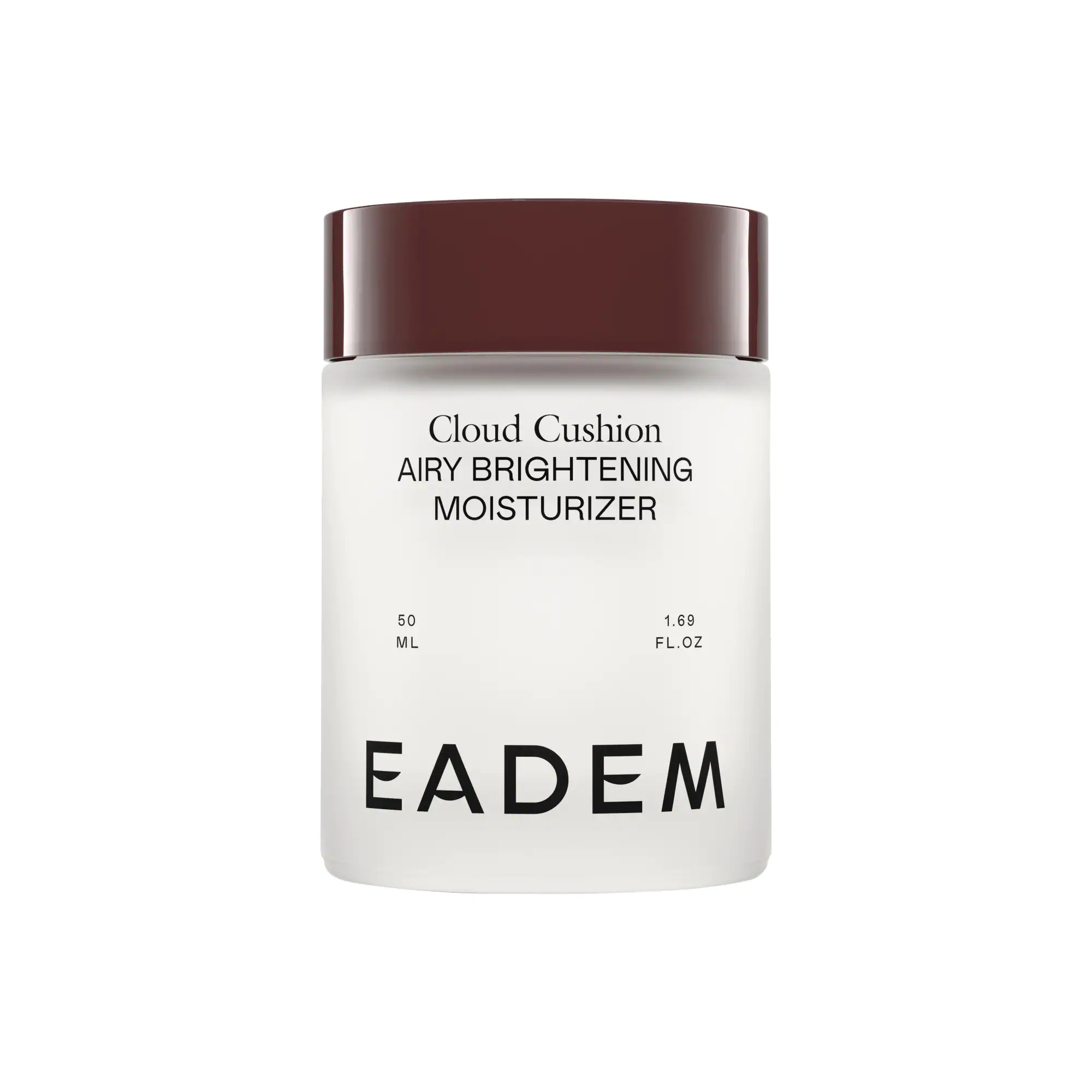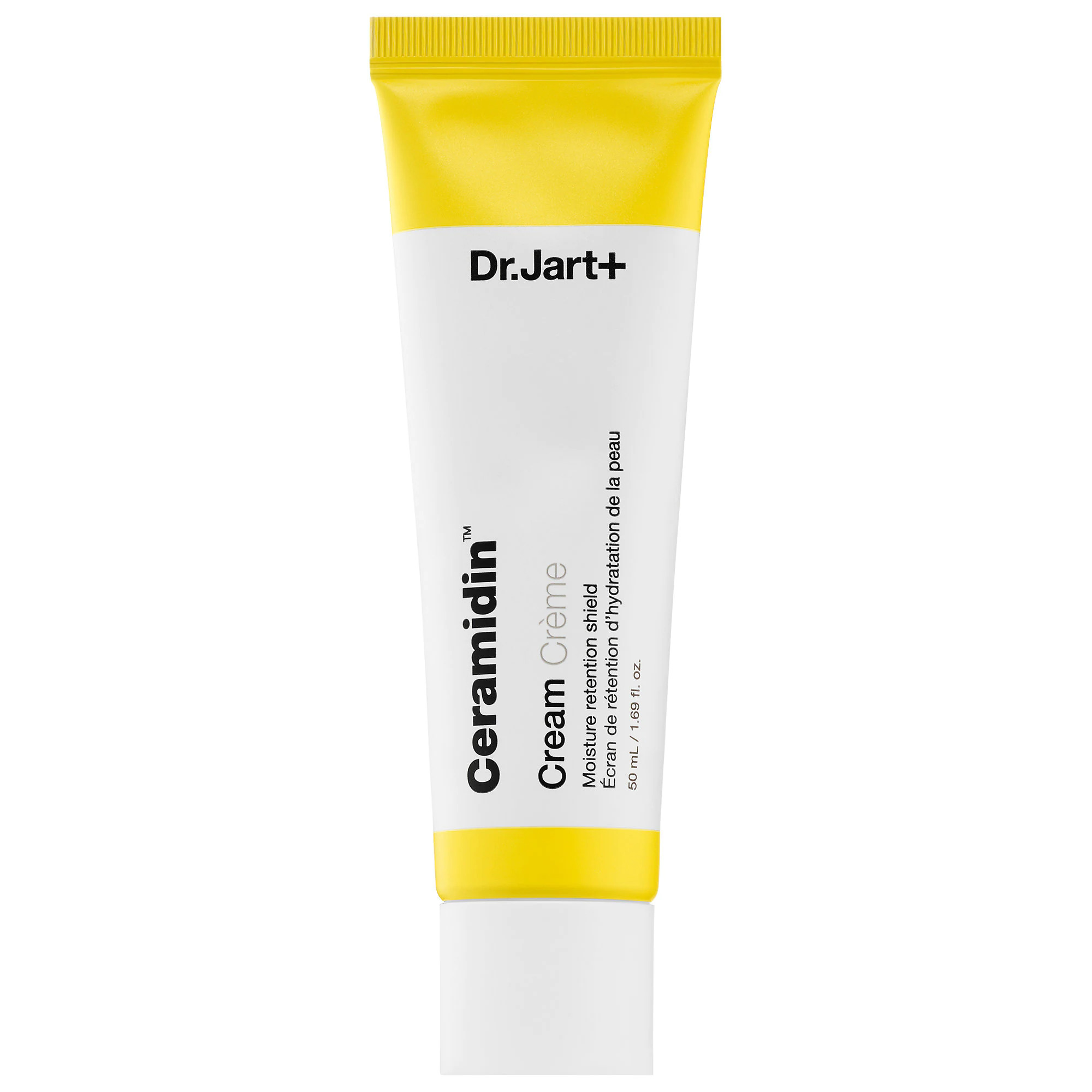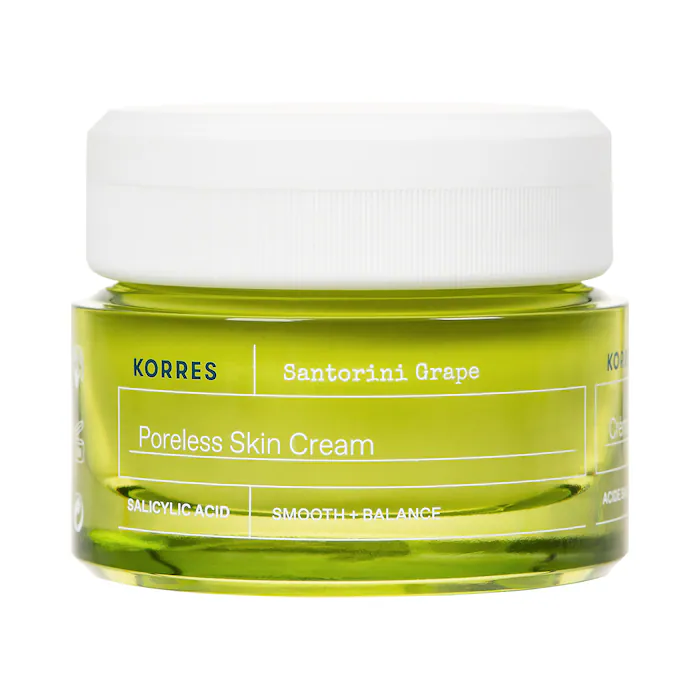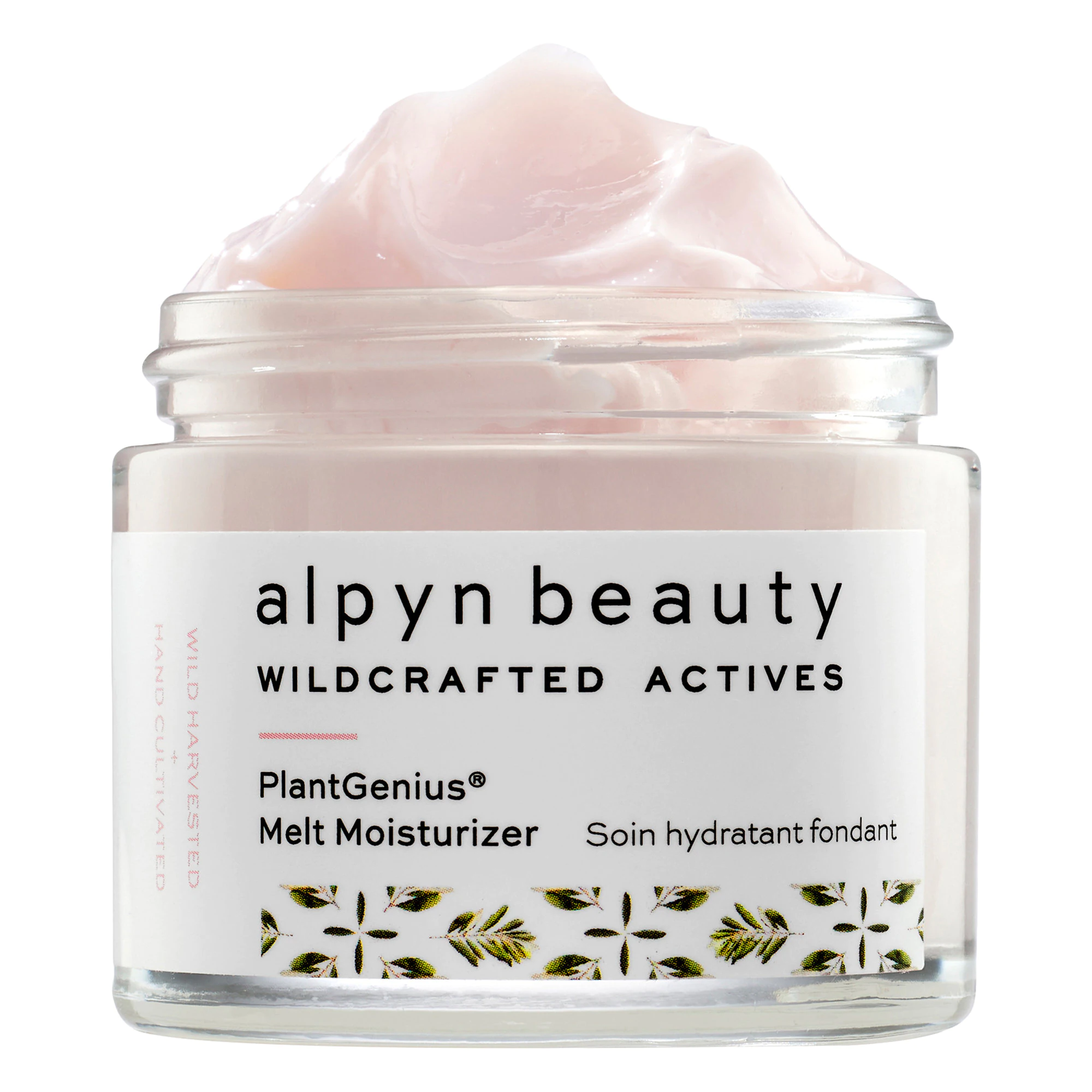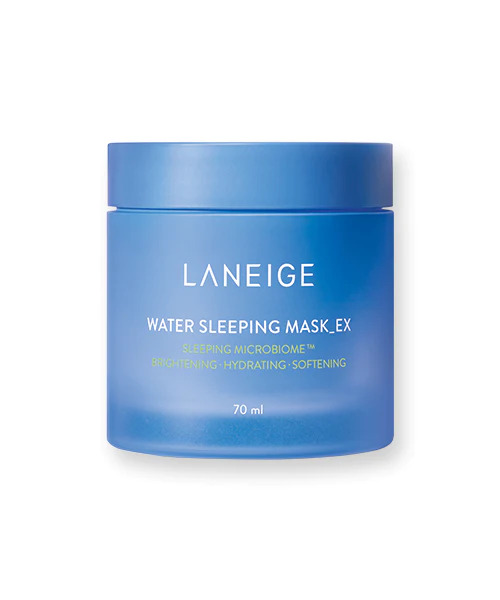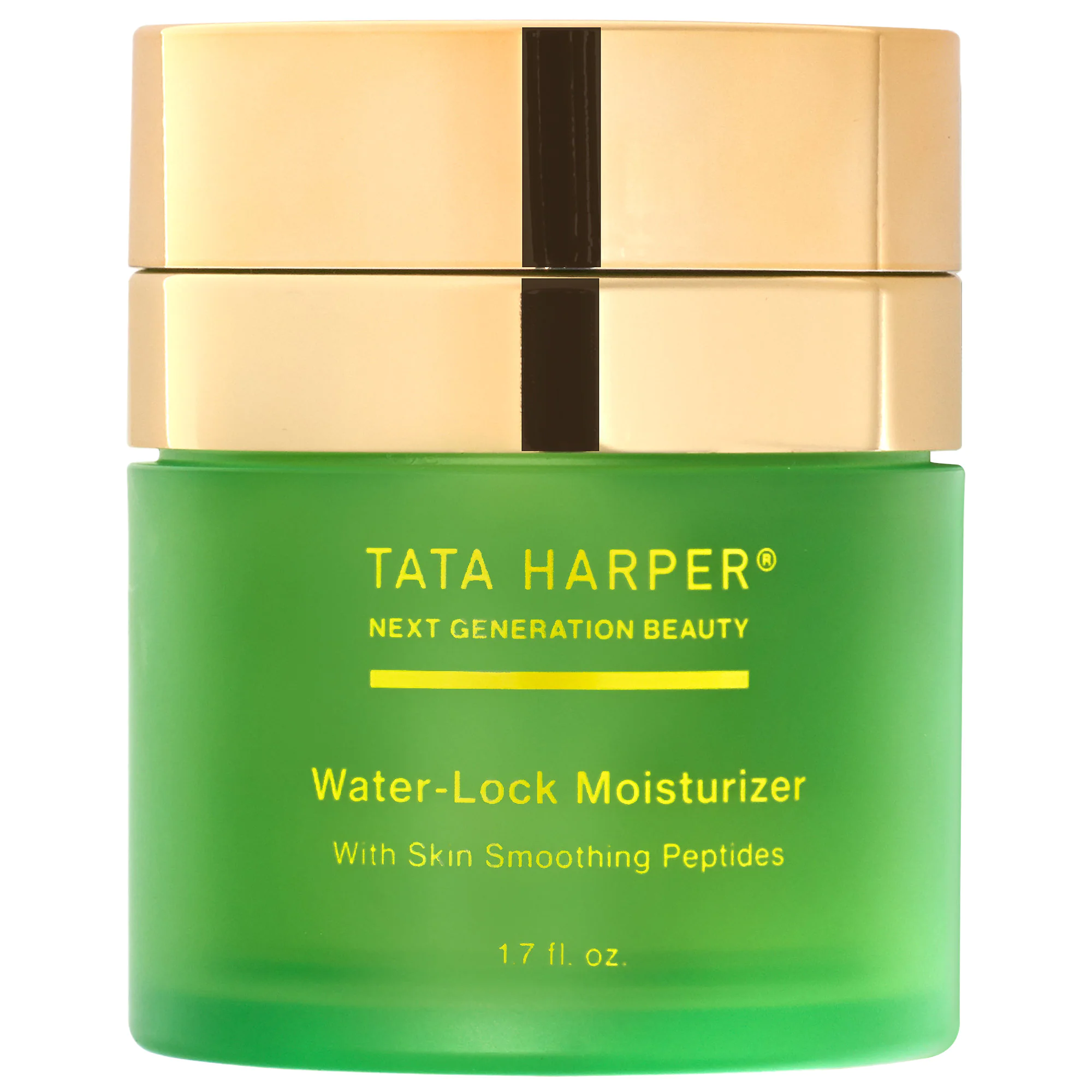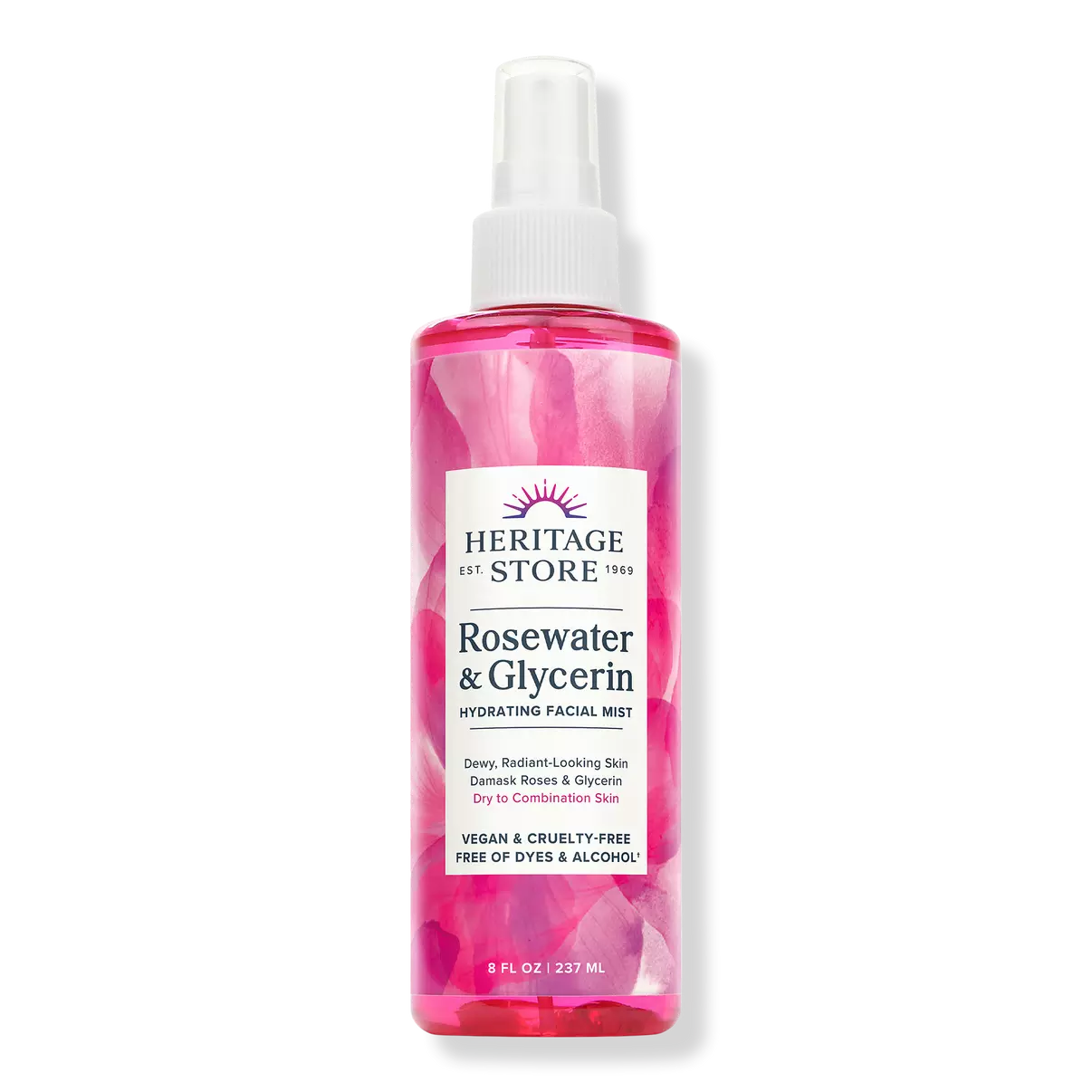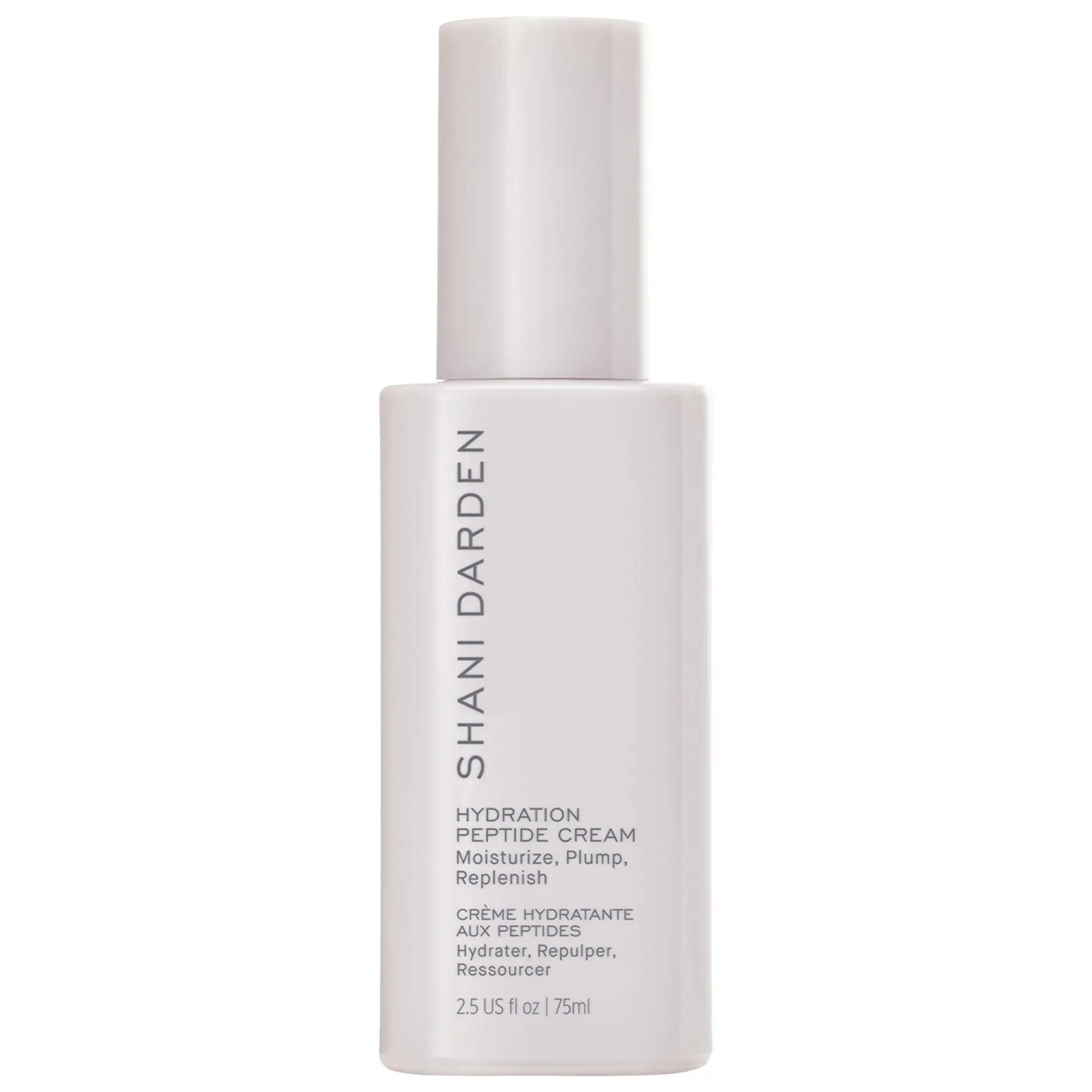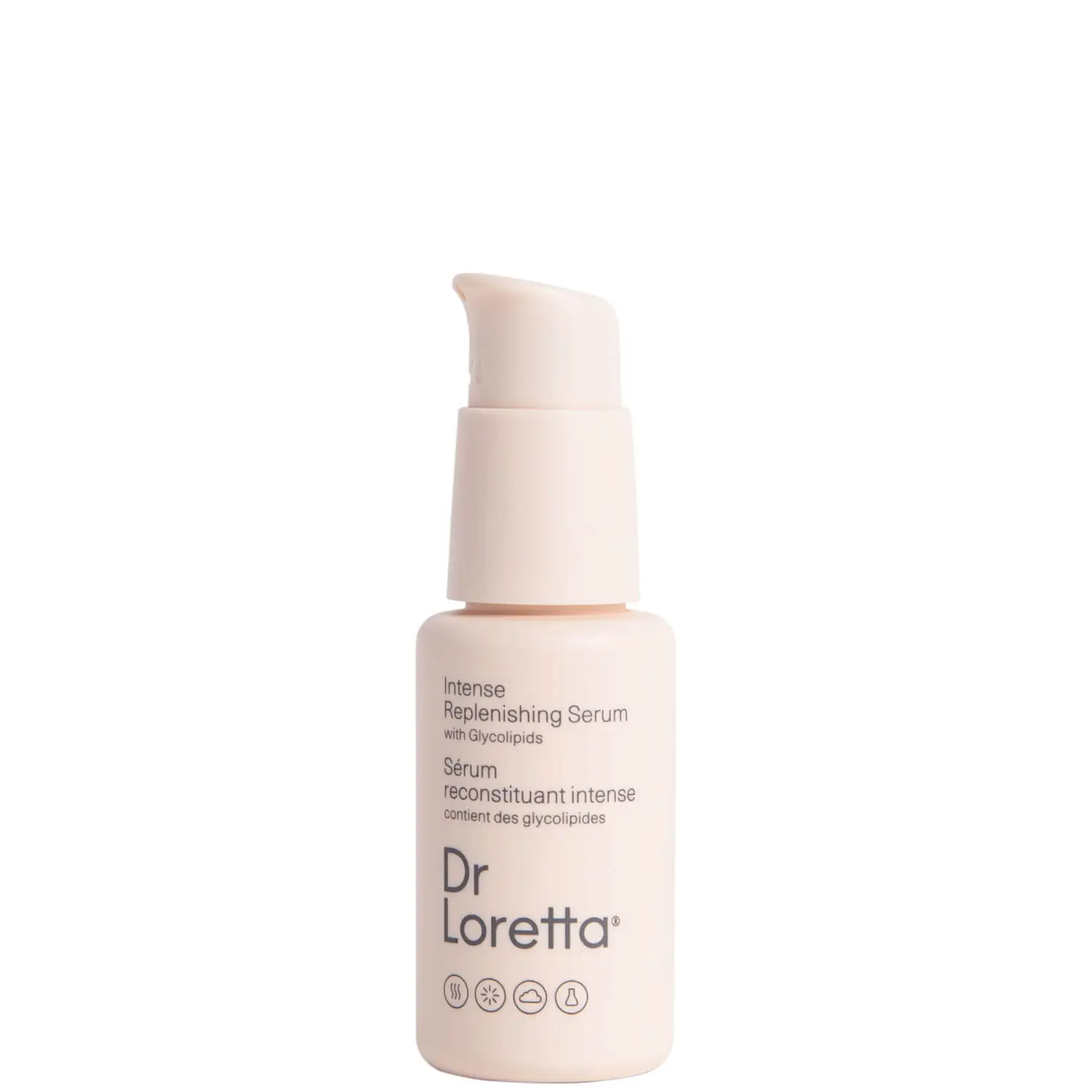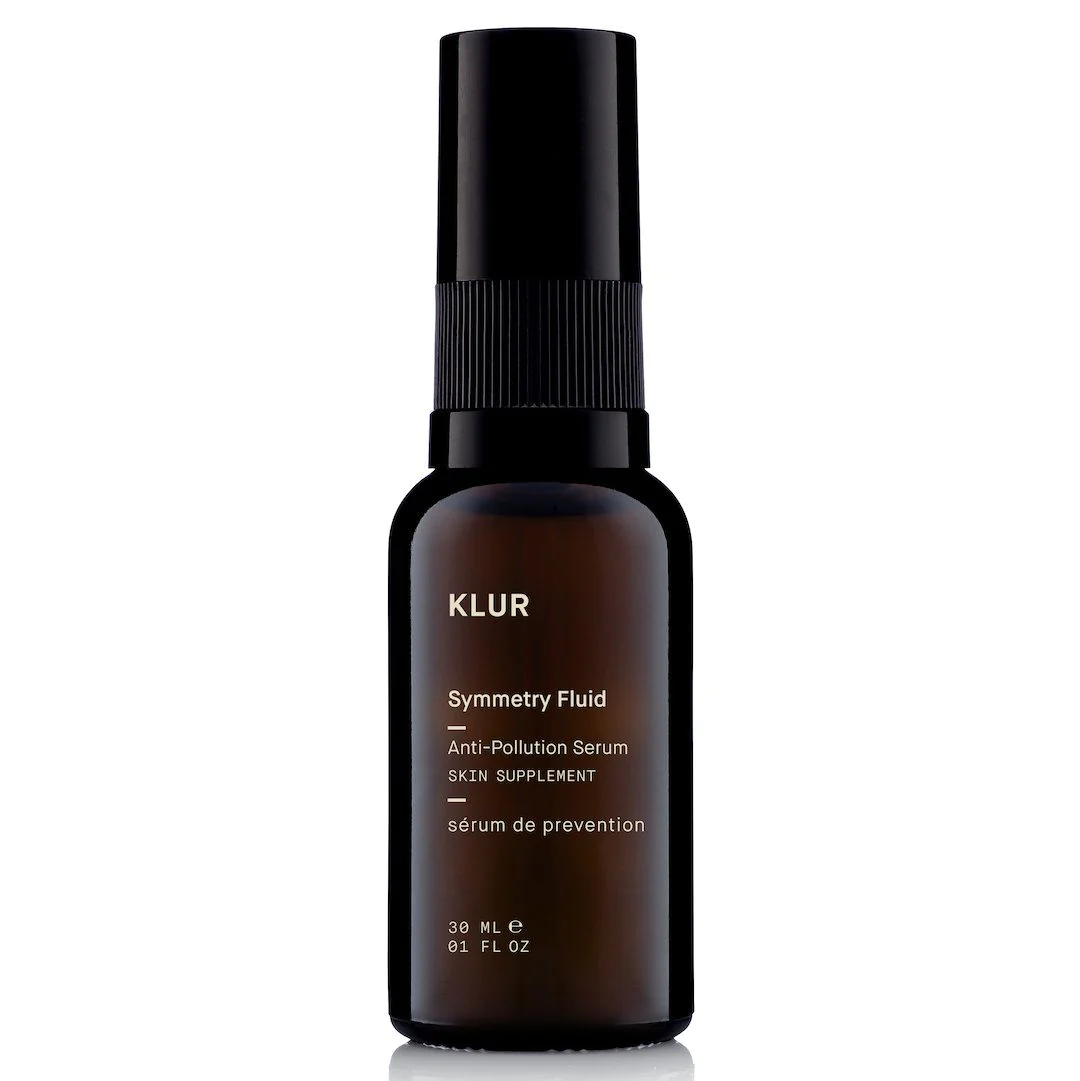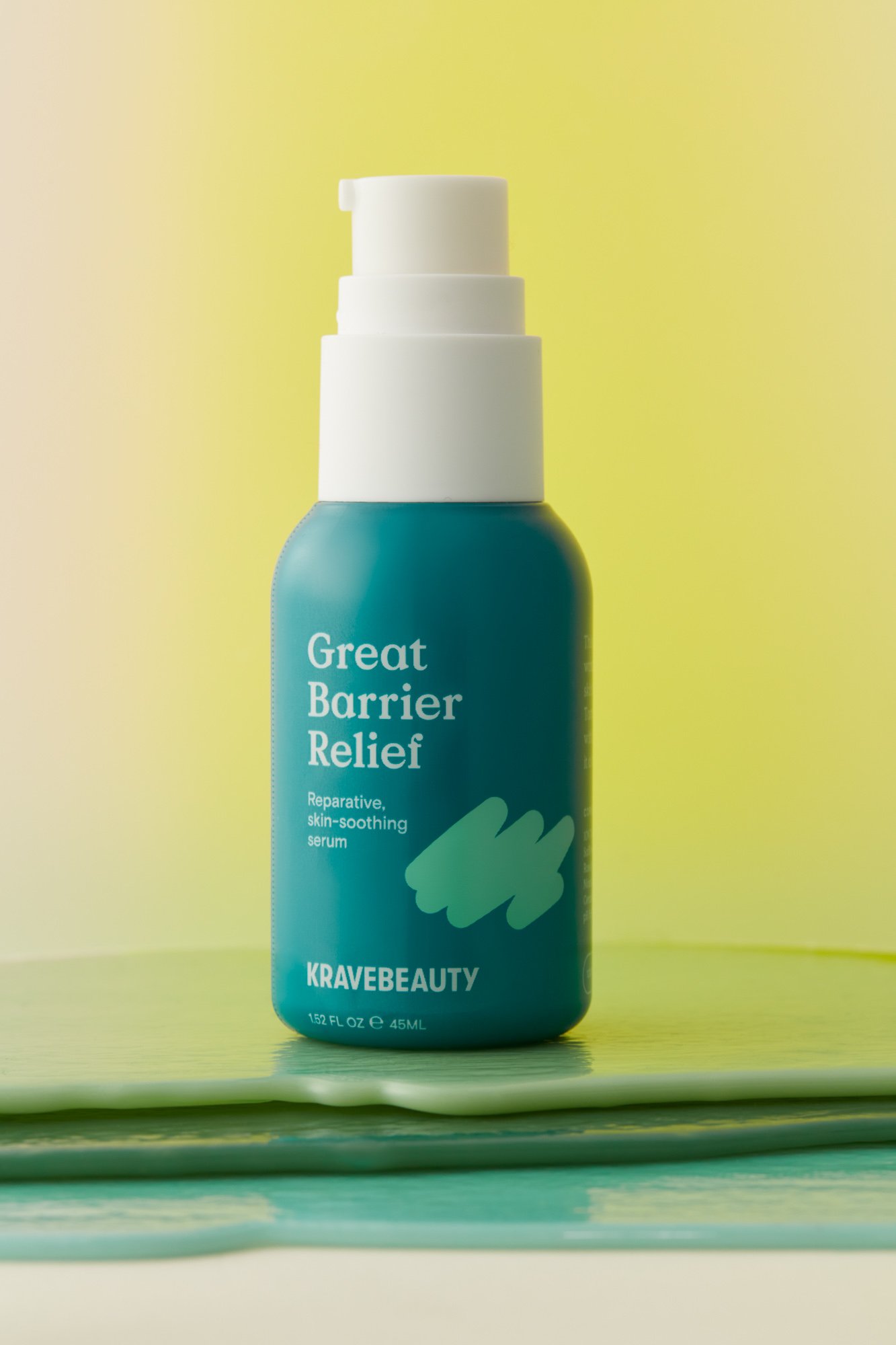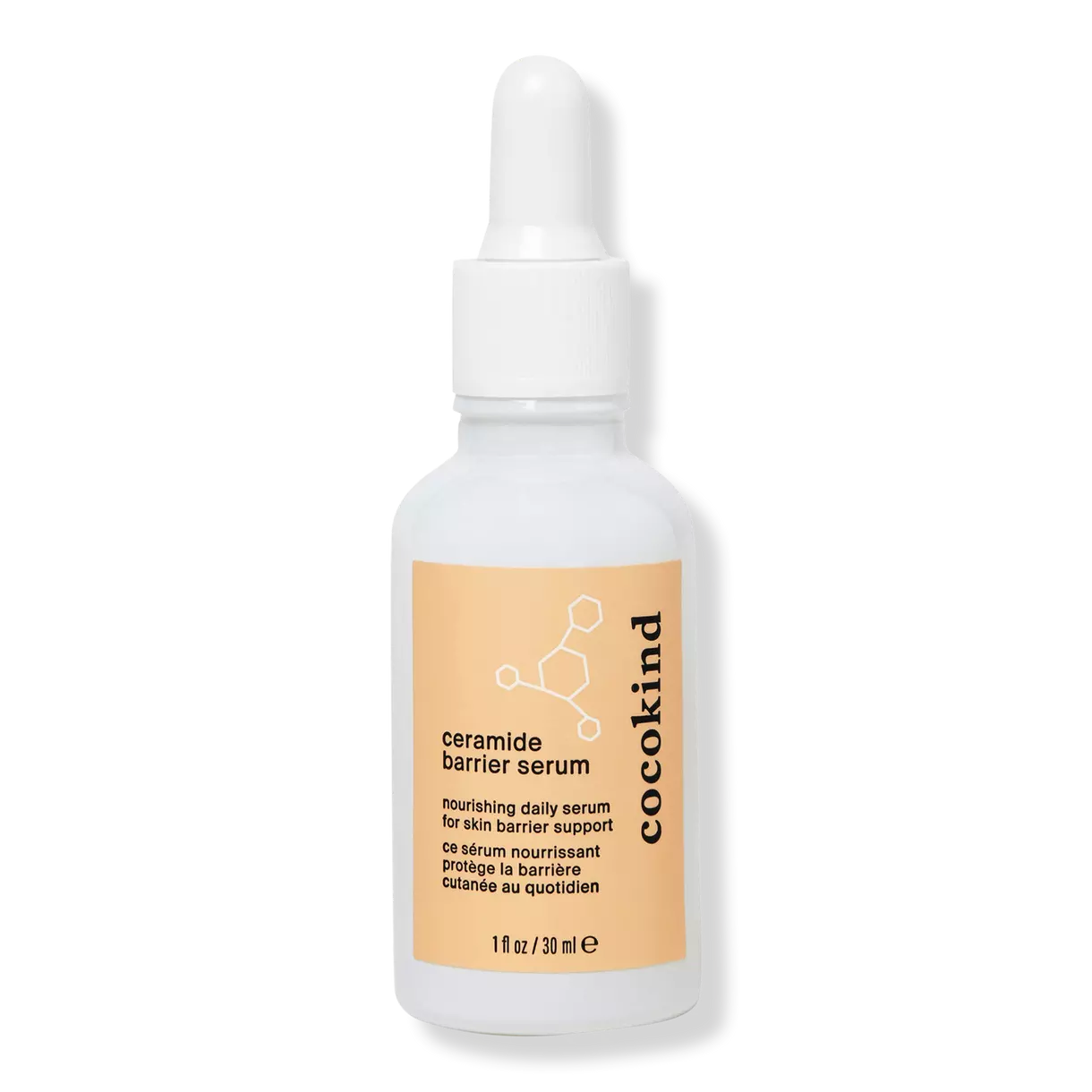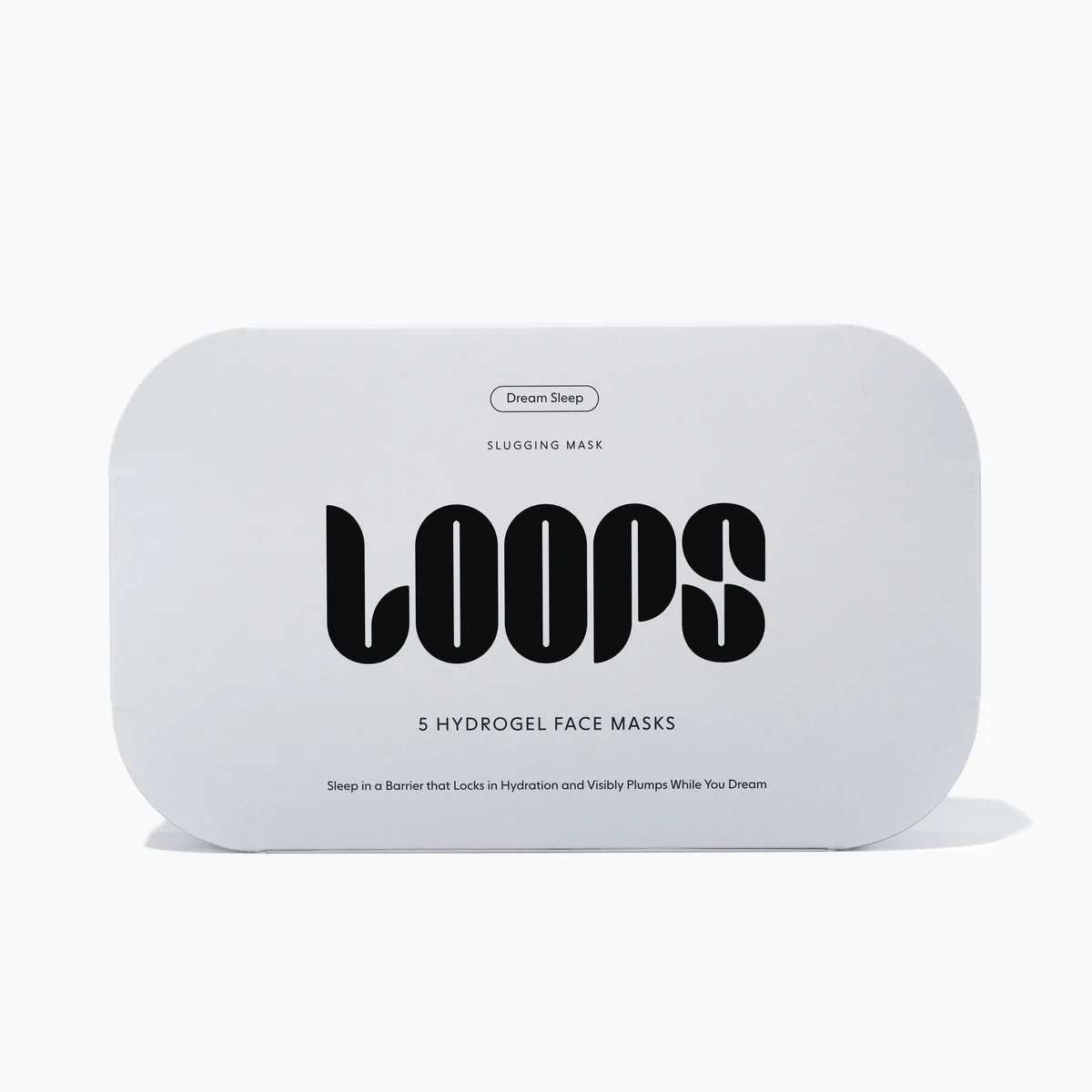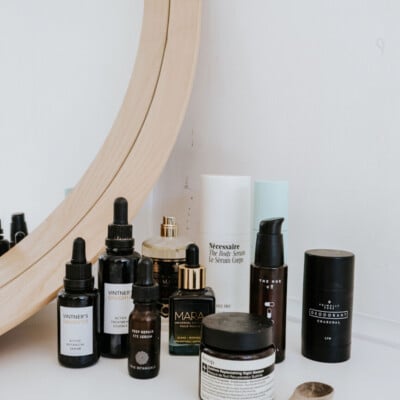We may receive a portion of sales if you purchase a product through a link in this article.
As you dive deeper into the world of wellness, you become more attuned to what your body needs. Are you drinking enough water? Do you get enough sleep? And at this point, I notice all the shifts in how I look and feel when my routine changes. So, when winter’s dreary weather inevitably came, I didn’t blink an eye at my dry skin. Simple solution—I just changed my moisturizer. But if your skin starts to look duller and feel less bouncy, that’s something different: dehydration. Here’s something that might blow your mind, there’s a difference between dry vs dehydrated skin. And because they are different conditions, dry and dehydrated skin need different solutions.
Featured image from our interview with Cyndi Ramirez by Belathée Photography.

Understanding Dry vs Dehydrated Skin
Dry skin can be either a condition or a skin type. Some people have oily skin, some people have dry skin. People with oiler skin can suffer from dryness, too. But those with a dry skin type should tailor their skincare routine to address dryness year round.
Dehydrated skin, on the other hand, is not a skin type. It’s a sign that your skin is not getting enough water and is thirsty for hydration. It can be fixed, you just have to know what you’re looking for.
“When it comes to maintaining healthy skin, keeping our skin hydrated is essential,” says Rina Allawh, MD, a board-certified dermatologist based in Philadelphia. “Hydration is not only important for tackling dry skin, but also dehydrated skin. Believe it or not, there is a difference between dry skin and dehydrated skin!”
After getting advice from Allawh to clarify the ins and outs of dry vs dehydrated skin, I also consulted Lesley Thornton, founder of KLUR, to understand how to repair a damaged skin barrier that’s causing dehydrated skin. If any of this sounds like you, read on to discover the difference between dry vs dehydrated skin and tips for how to address each.
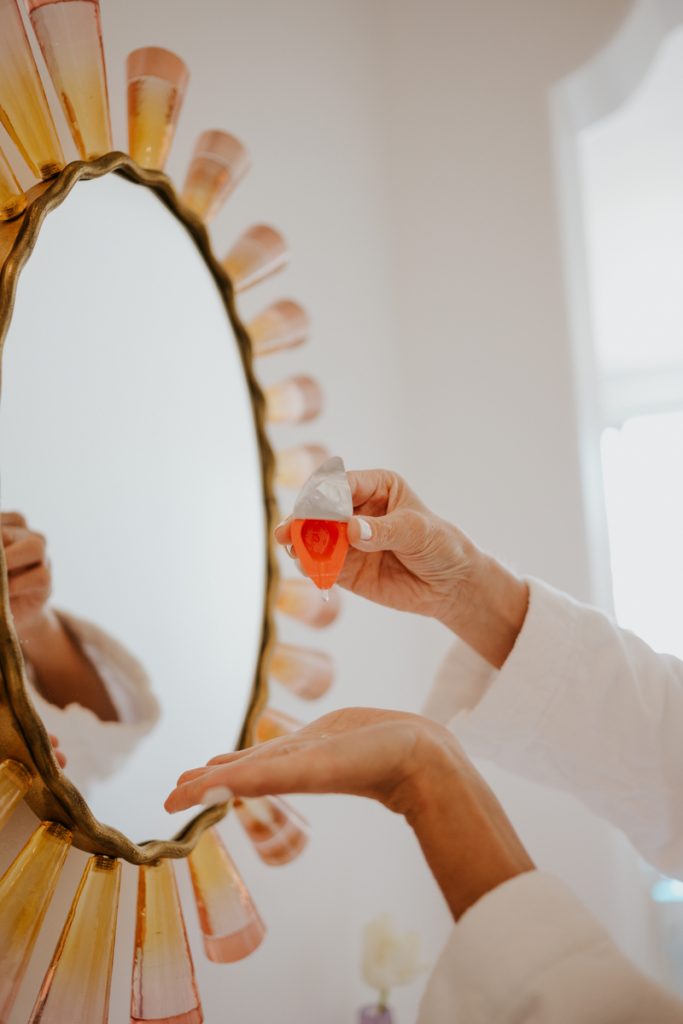
The Difference Between Dry and Dehydrated Skin
“Dry skin happens when there is a lack of oil or lipid (fat) in the top layer of your skin,” says Allawh. “On the other hand, in dehydrated skin, there is a lack of water, not oil, in the top layer of the skin, also known as the stratum corneum.”
What causes dehydrated skin?
Dehydrated skin lacks water, affecting its overall appearance. This can be caused by a lot of things, including overall dehydration or, often, a damaged skin barrier.
“When the natural lipids are stripped away from the outer layer of skin, the ‘glue’ holding the barrier together becomes fragile and breaks down,” says Thornton. “Cracks form and become an entry point for pathogens and external aggressors which trigger inflammation.”
“Many factors can compromise our skin barrier, stripping away or changing the lipid and moisture content of the skin. This includes environmental aggressors such as pollution and UV exposure, stress, hormones, and skincare routines.”
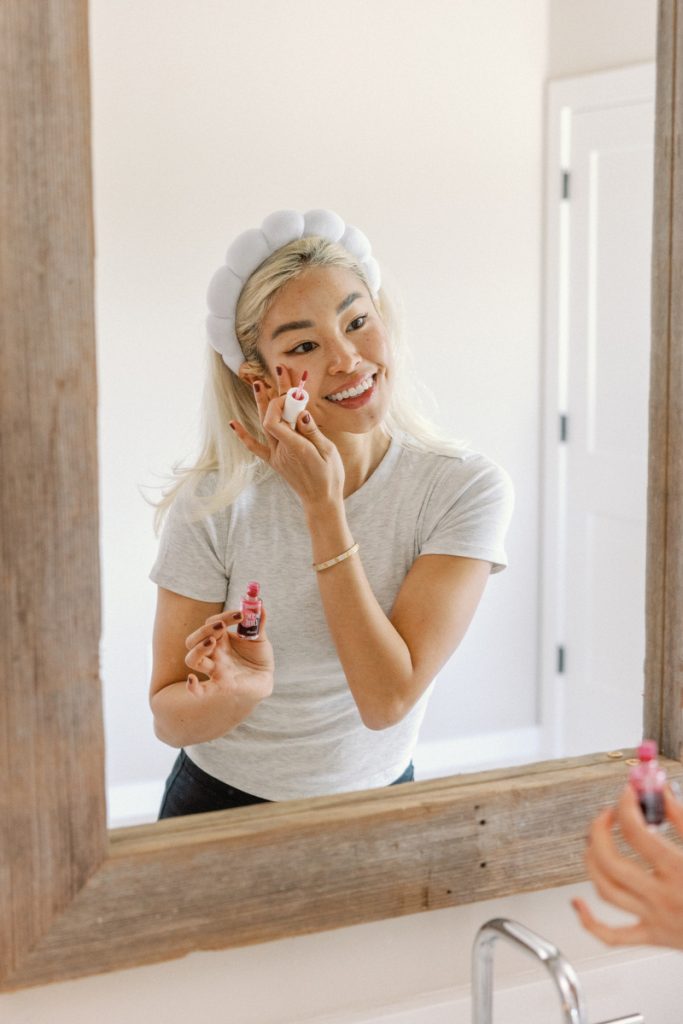
How to Know if Skin Is Dry or Dehydrated
Sometimes, it can be difficult to determine what’s going on with your skin just by looking at it. Do I have dry skin? Do I have dehydrated skin? Could I have both? (Unfortunately yes, you might.) A common method to determine if you have dehydrated skin is by giving yourself a little pinch.
Pinch a tiny corner of your skin—gently! It can be your cheek, your belly, your arm, or the back of your hand. Hold for a few seconds, then let go. Because dehydrated skin loses elasticity, if your skin is thirsty, it will take longer than normal to snap back into place.
According to Allawh, other physical manifestations of dehydrated skin include:
- Skin Complexion. Those with dehydrated skin may in fact have an oily appearance, but have a dull skin complexion because of the lack of water.
- Skin lines. Unlike those with dry skin, those with dehydrated skin may have more prominent skin lines and may even show signs of premature skin aging (i.e., fine lines, wrinkles, and furrows).
- Itch. Unlike dry skin, dehydrated skin typically does not itch. Dry skin may even cause the skin to feel tight or even slightly irritated with application of over-the-counter topical creams and lotions. Dry skin may also cause skin flaking whereas dehydrated skin causes a diminished skin complexion.
What’s the difference between adding moisture and increasing hydration?
Turns out, hydration and moisturization are not the same things either. Luckily, some products perform double duty. But make sure you’re getting both hydrating and moisturizing ingredients into your routine to tackle dryness and dehydration.
“Hydration is key to maintaining a protective skin barrier and preventing (and treating) both dry and dehydrated skin, says Allawh. “Niacinamide, ceramides (lipids that restore the protective skin barrier), hyaluronic acid, vitamin E, and glycerin, among other ingredients, further promote hydration and are also critical for restoring damaged, dry skin.”
To find the right moisturizer for everyday use, she recommends “moisturizing twice daily with an ointment or cream, even if the skin does not appear dry or dull. Moisturizer should be applied within five minutes of cleansing.”
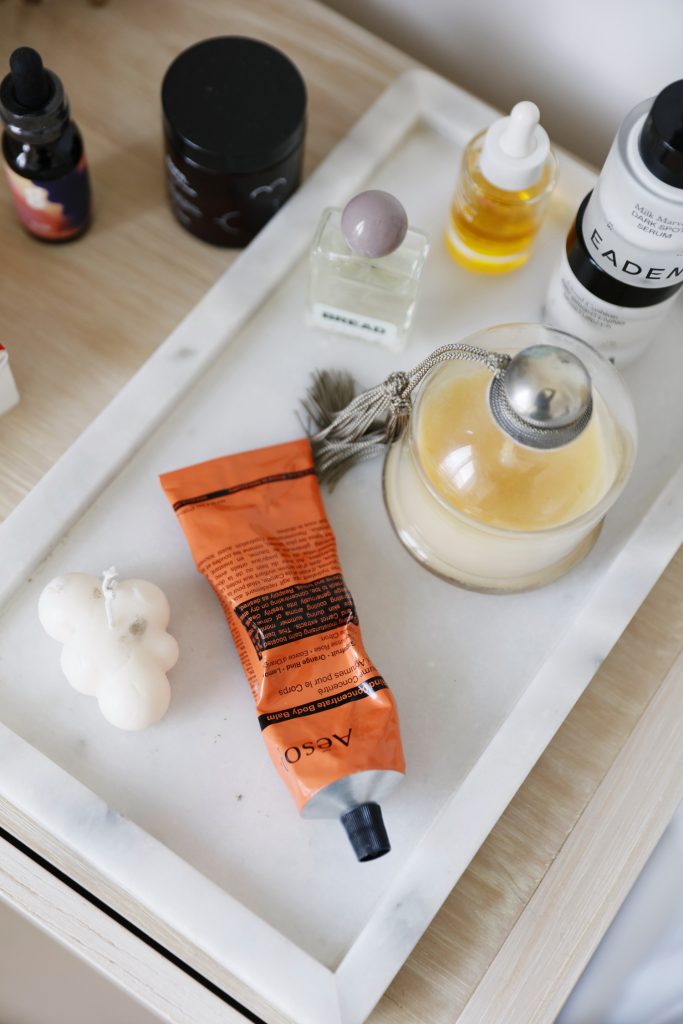
The Best Products for Dry Skin
Using rich moisturizers and AHAs to slough off dead, flaky skin is an effective strategy for addressing a dry complexion. By building a routine that focuses on moisturizing and exfoliating, you can reduce the effects of dryness to reveal soft, smooth skin.
According to Allawh, this provides “long-lasting skin hydration without leaving behind a greasy skin residue.”
Bioderma Atoderm Intensive Balm
Slather your skin in this gentle but intense balm, suitable for all types of dry skin—including sensitive, or eczema-prone skin.
Ceramides and hyaluronic acid provide lasting moisture for dry skin while replenishing the skin’s barrier. It’s a rich but non-comedogenic daily cream for all parts of the body.
EADEM Cloud Cushion Moisturizer
As the name suggests, this cloud-like moisturizer is a lightweight and peptide-rich formula filled with ceramides and snow mushrooms to visibly plump, moisturize, and brighten your skin.
Dr. Jart Ceramidin™ Skin Barrier Moisturizing Cream
Creamy and lightweight, this fast-absorbing moisturizing cream contains five ceramides plus panthenol to strengthen the skin barrier, moisturize the skin, and boost elasticity.
KORRES Santorini Grape Poreless Skin Cream
Exfoliate and moisturize with this mattifying and clarifying skin cream. Salicylic acid sweeps away debris in your pores while hyaluronic acid and rich oils nourish the skin, and Santorini grape extract minimizes the appearance of pores.
Alpyn Beauty Melt Moisturizer with Bakuchiol and Squalane
Bakuchiol, the natural retinol alternative, transforms the skin and sweeps away flaky skin while hyaluronic acid, ceramides, and squalane bind and retain moisture for hydrated skin.

The Best Products for Dehydrated Skin
If you notice your skin is dehydrated, it’s important to flood your skin with hydration. By implementing hydrating, replenishing ingredients, you should quickly start to see the return of skin elasticity and a brighter, less dull complexion.
If your dehydrated skin is the result of a damaged skin barrier, Thornton suggests building “a barrier health routine. Key ingredients to include in your skincare routine that provide foundational support and promote a well-functioning barrier include niacinamide, linoleic acid, jojoba oil, squalane, and cholesterol.”
Infused with Hydro Ionized Mineral Water and brightening extracts, this lightweight and gel-like mask replenishes dehydrated skin overnight.
Tata Harper Water-Lock Moisturizer
This lightweight hydrator primes and smooths your skin with orange peptides, pomegranate spheres, and macro hyaluronic acid.
Heritage Store Rosewater + Glycerin Hydrating Facial Mist
What better way to add hydration than with water? This rosewater skips the artificial fragrance and fortifies your skin with glycerin, which helps strengthen dehydrated skin.
Shani Darden Hydration Peptide Cream
This celebrity facialist’s brand-new, oil-free moisturizer provides up to 72 hours of intense hydration while powerful peptides visibly plump and firm to retain that precious skin elasticity.
Dr. Loretta Intense Replenishing Serum
Drench your skin with this intense gel serum from Dr. Loretta. This hydrating facial serum leaves you glowy but never sticky. It also primes your skin for makeup application and helps protect your skin from environmental pollutants.
Deeply nourish your skin and tend to your skin barrier with vitamins, antioxidants, and energy-rich phytonutrients to fortify the skin’s surface. Green leaf and aloe also soothe and hydrate to relieve dehydrated skin.
Krave Beauty Great Barrier Relief Serum
This cult favorite from Krave Beauty soothes and calms damaged and dehydrated skin. Its blend of nourishing oils and rebalancing actives restores skin for boosted hydration.
Cocokind Ceramide Barrier Serum
Lactic acid gently sweeps away texture and dead skin on the surface of your skin while lipids and ceramides fortify and nourish your barrier.
Ease into skin slugging with this ultra-hydrating mask. The hydro-gel mask is formulated with six different antioxidant-rich and plant-based oils. It creates a humectant barrier for overnight protection and deep absorption of its nourishing ingredients.



